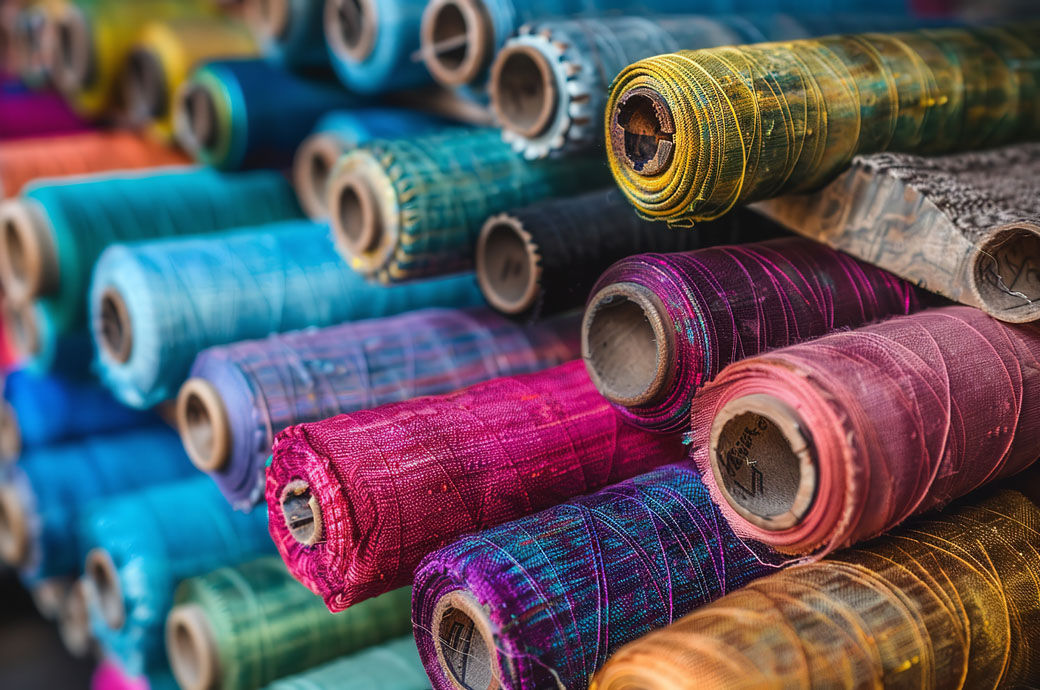

While exporters in Bangladesh and Vietnam easily access quality imported fabrics, Indian exporters struggle daily, Ajay Srivastava, who founded the New Delhi-based think tank, said.
Mandatory quality norms related to raw materials like polyester and viscose staple fibres is complicating imports as the Bureau of Indian Standards slowly registers foreign suppliers, and this delay compels exporters to buy from domestic monopolies at higher prices, a GTRI report said.
DGFT norms require exporters to meticulously account for every square centimetre of fabric, buttons, and zippers used.
Therefore, there is an urgent need for a comprehensive overhaul and the production-linked incentive (PLI) scheme for the textiles sector also needs modification, the report said.
Companies obtain advance authorisation from DGFT for importing duty-free inputs for export production, and the DGFT now mandates that unutilised authorisations surrendered to them must be accompanied by a non-utilisation letter or certificate from the customs department.
This raises transaction costs and involves additional effort for the authorisation holder, and the customs department is often reluctant to issue such letters, causing delays, the report noted.
Further, the DGFT system allows up to 500 characters to describe export items in an authorisation, but the customs shipping bill only allows 120 characters. This mismatch leads to incomplete descriptions being visible to DGFT.
As a result, DGFT asks exporters to obtain attested invoices or shipping bills with full descriptions from customs, which the customs department does not entertain. Several firms have pending closures at DGFT due to this issue, despite completing both imports and exports, it said.
GTRI urged DGFT to issue import entitlements in value terms the way Bangladesh does, instead of looking into actual consumption of the inputs as DGFT input consumption norms are over 25 years old and fashion changes frequently, affecting the pattern of consumption of fabric and other inputs and making old norms impractical, a news agency reported.
Additional wastage should also be allowed for advance authorisation if the garment design warrants that.
DGFT requires Export Promotion Capital Goods (EPCG) scheme authorisation holders to submit an annual report on the fulfilment of their export obligation by June 30 each year. After submission, these reports need approval from DGFT. Until the report is approved, the authorisation holder cannot make other requests.
GTRI suggested elimination of these annual reports as DGFT already receives details of every import-export shipment from ICEGATE, making annual reports redundant.
Fibre2Fashion News Desk (DS)